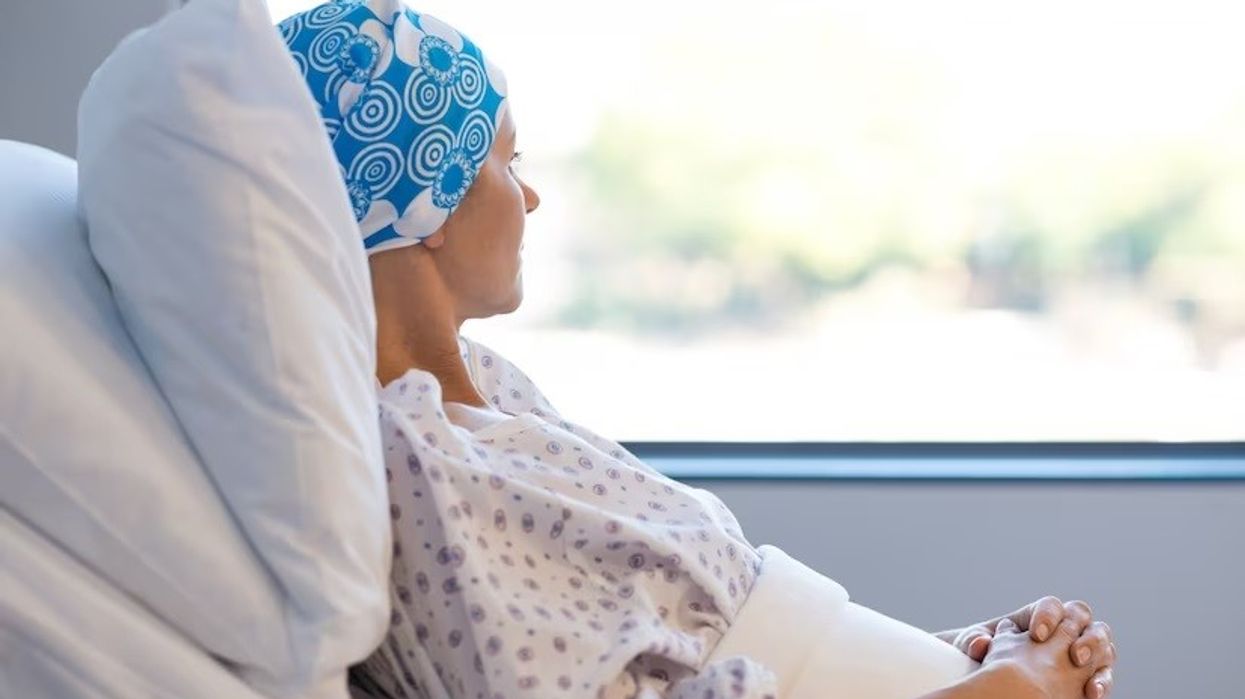Currently, only 60 per cent of cancer diagnoses are taking place before the cancer has progressed
The latest findings from the National Cancer Patient Experience Survey 2022 by QualityWatch, a joint programme with the Nuffield Trust and the Health Foundation shed light on concerning disparities faced by ethnic minority communities in the UK healthcare system.
Despite strides in cancer care, the survey highlights persistent challenges in easy and equitable access to timely diagnosis and quality communication, particularly for individuals from Mixed, Black, or Asian backgrounds.
Key insights from the survey underscored that individuals from ethnic minority groups often require a higher number of interactions with healthcare professionals before receiving a cancer diagnosis.
Notably, one in three people from Mixed, Black, or Asian ethnicities needed three or more visits to a GP practice, compared to the average of one in five across the population.
These delays in diagnosis can have significant implications for treatment outcomes and overall patient experience.
Moreover, the survey revealed concerning trends regarding the quality of communication following a cancer diagnosis among ethnic minority patients.
A substantial proportion of patients from deprived areas reported feeling inadequately informed about the reasons for their referrals and faced challenges in fully understanding their diagnosis.
Moreover, the analysis suggested that people from the most deprived populations in England were 21 per cent less likely to be referred for urgent suspected cancer than those from areas with low levels of deprivation.
This highlights systemic barriers in effective patient-provider communication, which are critical for informed decision-making and navigating the complexities of cancer care.
Dr. Liz Fisher, Senior Fellow at the Nuffield Trust, emphasized the urgency of addressing these disparities, noting that early diagnosis is pivotal for improving cancer survival rates.
"Detecting cancer early is vital to improving survival rates, for example, the rate of survival for bowel cancer drops significantly from 80 per cent if caught in stage 2 to 11 per cent at stage four."
She emphasised the need to enhance primary care capacity and provide tailored support for ethnic minority communities as essential to ensure equitable access to timely diagnosis and support services.
Tim Gardner, Assistant Director of Policy at the Health Foundation, echoed these sentiments, stressing the need for sustained investment in primary care to address underlying structural inequities in cancer care delivery.
He further suggested that by prioritizing culturally sensitive approaches and addressing communication barriers, healthcare providers can work towards narrowing the gap in cancer outcomes among most deprived populations.
The Nuffield Trust report also predicted higher chances of NHS missing its own target to have 75 per cent of cancers diagnosed at an early stage by 2028 as efforts to diagnose cancer at earlier stages has flatlined in recent years and currently, only 60 per cent of cancer diagnoses are taking place before the cancer has progressed.












